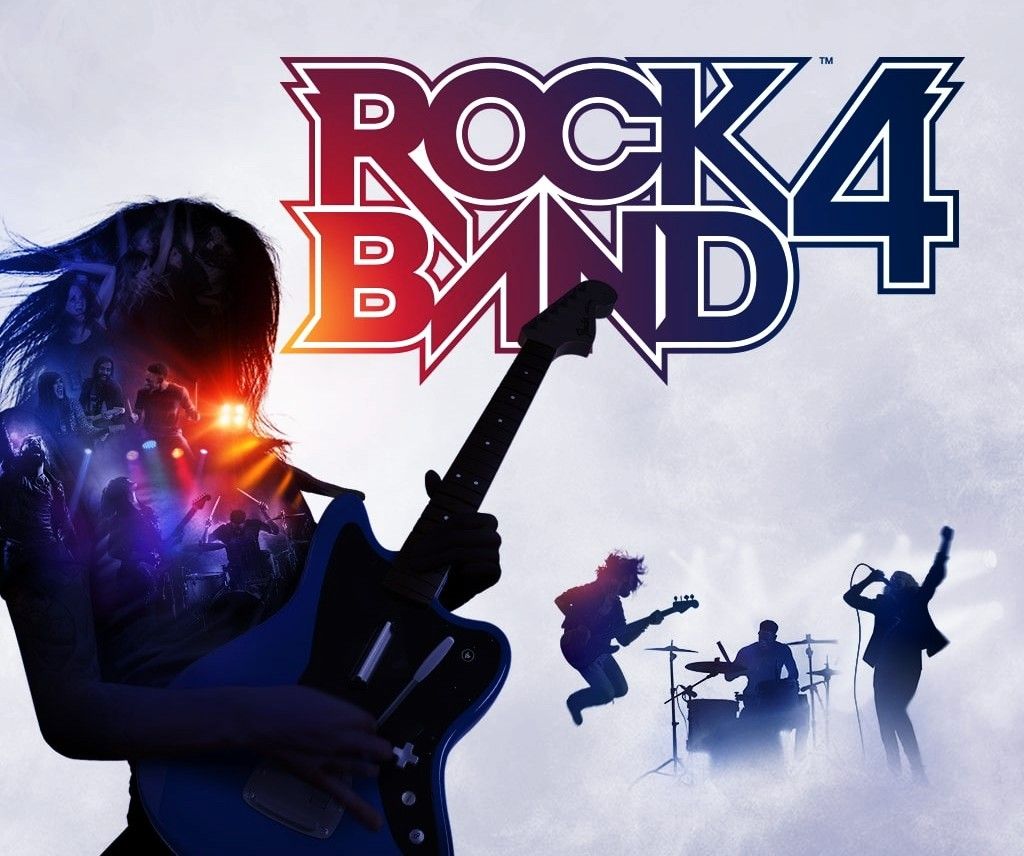Rock Band 4 will be delisted from the PlayStation and Xbox digital storefronts on October 5, 2025. Anyone who already owns the game can still download it, but newcomers won’t be able to buy it anymore. The game is known for its vast library of downloadable songs. Each DLC track will disappear from the store as its 10-year license runs out. Though players who purchased them will still have access.
That marks the end of an era. Rock Band 4 launched back in 2015 with 65 songs with the base game, spanning from the 1960s to the 2010s. Over the past decade, that library has ballooned to over 1,500 tracks. It outlived most of its peers in the genre. It kept a loyal community alive with weekly DLC drops until early 2024. Harmonix thanked players for sticking with the game this long, but gratitude can’t stop a ticking legal clock.
How Music Licensing Ends Games
So why is Rock Band 4 going away? The culprit is music licensing. Every song in the game is tied to a legal agreement that dictates how long it can be used. Those deals usually last about ten years.
Renewing them means getting approval not just from record labels, but also from whoever controls the composition rights. Sometimes that’s a band, sometimes a publisher. Sometimes it can be an artist’s estate if they have passed away. Any one of those parties can block a renewal, or demand terms that make it financially impossible.
That’s why Rock Band 4 has to disappear from storefronts once the base game’s licenses expire. Even if Harmonix wanted to sell a stripped-down version with no songs, the legal framework doesn’t allow it. The core soundtrack is baked into the game itself. Once those rights run out, the product can’t legally be sold.
A Familiar Problem in Gaming
Rock Band 4 isn’t the first casualty of expiring licenses. Q-Games had to remove Pixeljunk Sidescroller when its music rights lapsed. Alan Wake had to remove a David Bowie song due to licensing issues. Whole racing series like Forza Horizon and Project C.A.R.S. have been pulled from stores after agreements for music, vehicles, or tracks expired.
Movies and TV shows rarely face this issue because licensing contracts cover perpetual use. Video games are bound by time limits. Even if you bought a console today, you can’t easily access older licensed titles unless you bought them when they were available.
What Rock Band 4’s Delisting Really Means
The loss of Rock Band 4 shows how fragile games tied to licensed content really are. Harmonix created one of the most ambitious music libraries in gaming history. Renewing licenses for over 1,500 songs would cost millions and require dozens of separate negotiations.
How do we preserve games that are built on real-world content? Rock Band 4 wasn’t just a game. It was a playable archive of pop, rock, and alternative music history. When it disappears from stores, part of that archive disappears too.
Video games are still struggling to preserve themselves in the long term. For now, Rock Band 4 will live on only in the hands of those who already bought it. Its delisting is another reminder that the history of games is shaped as much by legal contracts as by the art itself.






